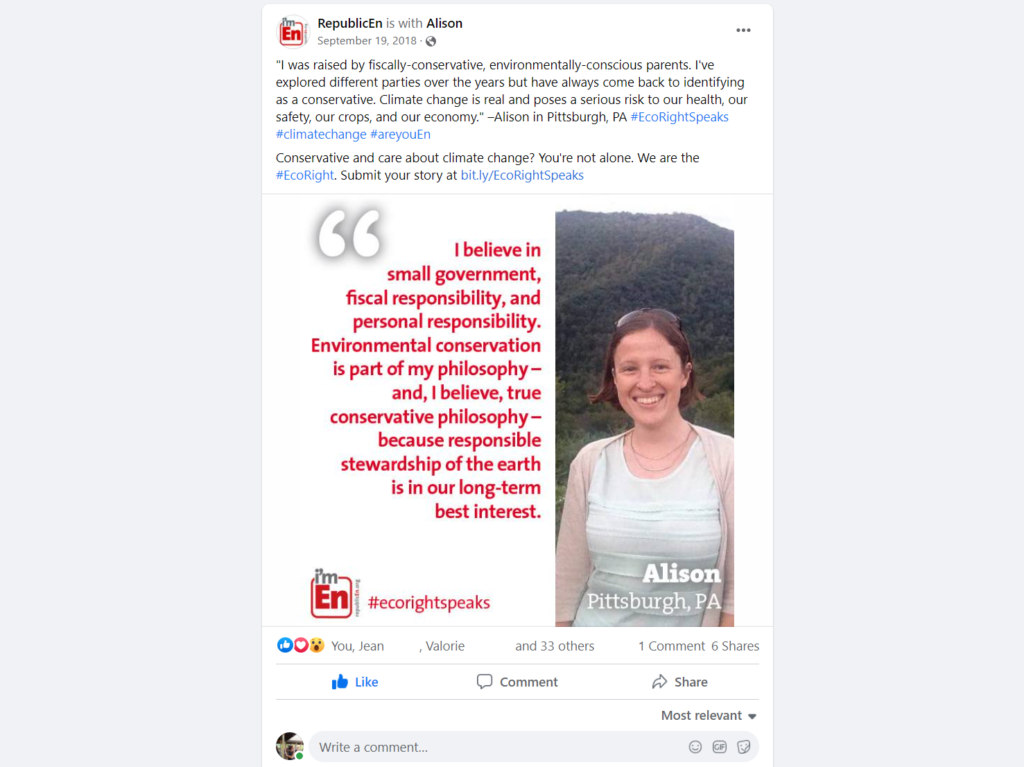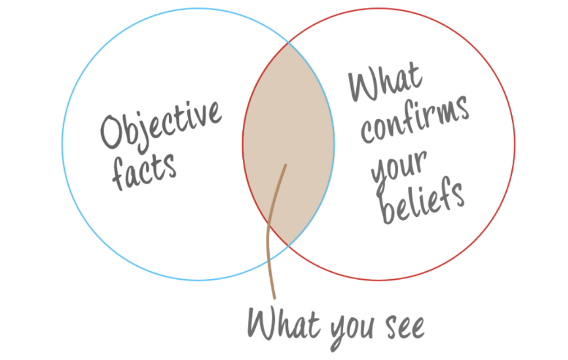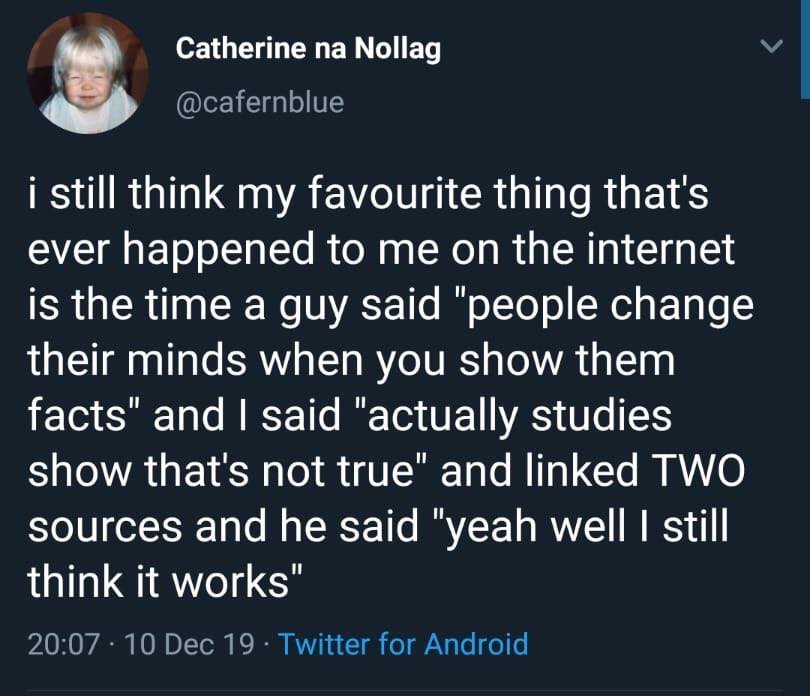Standard disclaimer for whenever I mention my job: This blog is a work of my own, and my opinions do not represent the position of the Environmental Health Project.
I usually like to take some time at the change of the year to look back as well as ahead, considering where I want to focus my time and energy for the coming 12 months. Between Christmas preparations that took almost until New Year’s Eve followed by almost five weeks of Vegan January,[1] I didn’t have much time to sit and think, let alone write, about this topic. (One could argue that I didn’t make time.) Already halfway through February, I’m taking this opportunity to talk about an important area of focus for me in 2022.
Personal Politics
Right before Christmas, I was invited to speak at a conference in Florida. It would have been held at the end of February, had it not been canceled. While the cancellation gave me a little extra breathing room in my schedule (and afforded the opportunity to visit my parents, whom I haven’t seen since the COVID lull last fall), I was disappointed to hear the news. Sure, I’m not going to turn down an opportunity to escape to anywhere with warmer weather in February, but the real disappointment came because it was (in my professional experience to date) a unique opportunity as speaking invitations go and would have helped me stretch a little bit outside my comfort zone.
I’ve been out of grad school and in the “real world” for over a decade. During my time working at a for-profit energy efficiency company, a non-profit home health organization, and a non-profit environmental health organization (not to mention ten years of speaking as an alumna of my MBA-Sustainability program), I have had plenty of opportunities to talk about my work to audiences that are made up largely of people who spend their days in the same space I do: energy efficiency, conservation, social and environmental justice, etc. This invitation, however, came from a university chapter of the Students for Liberty, a non-profit libertarian organization that supports education around a variety of libertarian ideals, such as limiting government overreach and promoting free-market solutions.[2]

I have occasionally talked about my political inclinations on this blog before, most notably while describing The Political Compass in advance of the 2020 election,[3] but I often hesitate to label myself politically, as any association with a party is likely to be fraught with assumptions about what I believe – and what I believe is not easily distilled into a talking point. However, for the purposes of this blog topic, I will say now that since learning the term “libertarian” in college, I have most closely identified with that ideology, appreciating the complexity of various political issues and not wanting to be pigeonholed as a Democrat (where my social inclinations are) or Republican (where my economic inclinations are). I have floated around the economic center over the years but have remained in favor of small government in most situations.
Several years ago, I discovered an organization called RepublicEn, which serves to mobilize people who identify as conservative and are concerned about climate change. The fact that those two things could ever be seen as mutually exclusive baffles me, but making scientific fact a partisan issue has been a concerning trend that has not abated over the years. Consequently, it was something of a novel concept when South Carolina Representative Bob Inglis launched the initiative in 2012.[4] Since learning about them, I have been a “spokesperson” for the organization, authoring the occasional letter to the editor and supporting voter education and turnout at election time. And it was through RepublicEn that Students for Liberty found me.
Platform for Inspiration
If I am hesitant to share my personal politics on this blog, I am absolutely silent about them at work, not wanting to make anyone feel uncomfortable if we disagree on an issue. But the invitation was an intriguing one. I was asked to speak about my work for 45 minutes, focusing on the public health implications of climate change, and how they are exacerbated by oil and gas extraction activity. Those are things I talk about on a daily basis, but never before to a largely conservative audience. Of course, I personally think it makes sense for environmental conservation to be part of conservative philosophy: long-term thinking about our limited resources on this planet supports long-term survival, not a flash in the pan of short-term gains, followed by long-term repercussions making us worse off than when we started. In short, it makes good business sense.

Multiple studies have demonstrated net negative results from fossil fuel industries, some specifically focused on Pennsylvania. There may be some positive short-term, localized economic gains from the extraction itself, but the more intangible (and therefore more ignorable) economic costs related to public health (think emergency room visits, medications, days of missed school or work, and premature deaths) and climate change (think decreased crop yield, increased wildfires, and property damage from natural disasters) quantifiably outweigh any extraction revenue.[6],[7]
However, I read studies like these on a regular basis for my job – most people don’t. I also approach my work with a sense that we don’t know everything, and that each new piece of information helps us to get a better picture, but not a complete picture – most people don’t do that either. I have a built-in mechanism to be informed on issues such as these: I am paid to be. For people who don’t have the time to do the research, let alone the desire, they are at the mercy of what they hear from others – news outlets, friends, even this blog.
I also know from having friends, family, and neighbors who are far more conservative than I am that quoting statistics from scientific studies is not an effective way to change someone’s mind. In fact, confronting someone with facts that are counter to his own beliefs will generally (at best) go ignored, and (at worst) make him feel defensive, leading him to dig in and become more entrenched in his position.[8] I am aware of this frustrating quirk of human nature, but even my awareness of it does not prevent me from occasionally shouting statistics at family members when something they say scares me.

What does make a difference, however, is hearing personal stories and experiences.[10] Where people are less likely to absorb statistics, they are more likely to listen to an account of lived experience and respond out of empathy instead of logic. A training session I attended years ago on talking to people about climate change shared that, statistically, liberals respond more to data and conservatives more to emotions, but I know exceptions on both sides. Since my personal inclination is to recite statistics and assume they will land with the intended impact, I do my best instead to appeal to others’ emotions, knowing that some data will creep in anyway.
Ultimately, I try to keep in mind that when there is a disagreement between myself and someone else, what can seem like a chasm between us is not unbridgeable – it’s just that bridging that gap calls for methods that may be counterintuitive. Therefore, I saw this conference as a way to build out my skills and comfort level in speaking productively with (not at) people who don’t necessarily agree with me on everything. Just because the conference was canceled doesn’t mean that I can’t take this step – the conference was only the catalyst that got me thinking about this issue in the first place and how I can grow in this area throughout 2022.
In Part 2 next week, we will look at methods for connection, with an eye toward finding solutions.
Thanks for reading!
[1] https://radicalmoderate.online/vegan-january-part-1/
[2] https://studentsforliberty.org/north-america/
[3] https://radicalmoderate.online/november-2020-elections-part-1/
[4] https://republicen.org/bob
[5] https://www.lmdagency.com/blog/2020/bs-at-work-confirmation-bias
[6] https://ohiorivervalleyinstitute.org/new-report-natural-gas-county-economies-suffered-as-production-boomed/
[7] https://www.cmu.edu/ceic/research-publications/erin-mayfield-phd-thesis-2019.pdf
[8] https://www.newyorker.com/magazine/2017/02/27/why-facts-dont-change-our-minds
[9] https://m.facebook.com/DavidSuzukiFoundation/posts/10157914583673874?comment_id=10157924512468874
[10] https://www.npr.org/transcripts/743195213
0 Comments